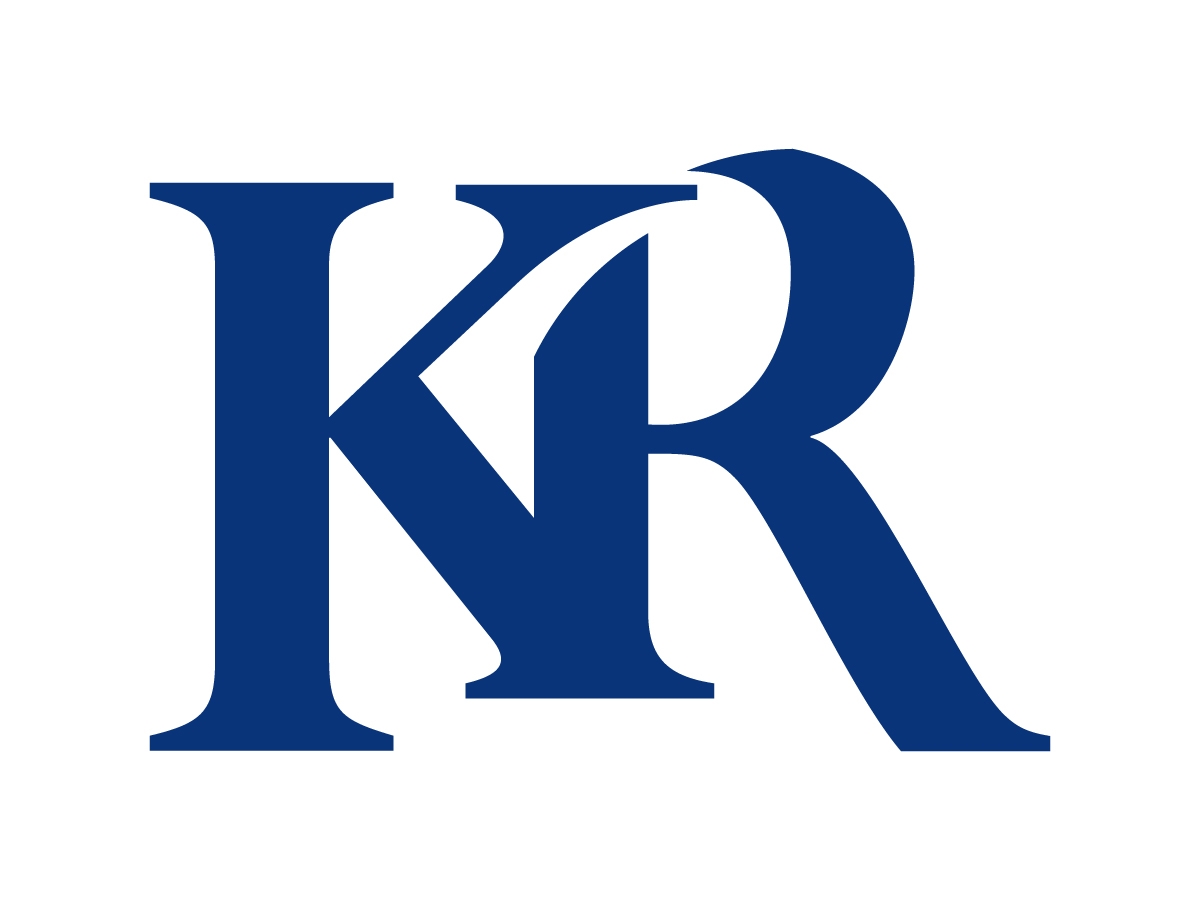SCOTUS Refuses Personalized Media Communication’s Bid to Untangle Prosecution Laches Confusion
“There is nothing fair or equitable about rendering a patent unenforceable when the applicant had every reason to think at the time that the PTO was satisfied with the pace of prosecution.” – Petitioner PMC
On October 10, the U.S. Supreme Court issued an order list showing it had denied the petition for writ of certiorari filed in Personalized Media Communication, LLC v. Apple Inc. In denying the appeal, SCOTUS leaves in place a divided Federal Circuit ruling that improperly expanded prosecution laches doctrine according to Personalized Media (PMC). The cert denial also passes on the question of whether prosecution laches remains a valid defense to patent infringement in light of the Supreme Court’s 2017 ruling in SCA Hygiene Products v. First Quality Baby Products.
SCA Hygiene Reaffirmed Limited Availability of Laches Defenses in Patent Cases
This January, a panel majority at the U.S. Court of Appeals for the Federal Circuit issued a precedential decision affirming the Eastern District of Texas’ finding that PMC’s asserted patent claims were unenforceable due to prosecution laches. In so ruling, the Federal Circuit agreed with the district court that PMC intentionally caused unreasonable delay in the prosecution of patent applications, in part by entering into a 1999 consolidation agreement with the U.S. Patent and Trademark Office (USPTO) to manage examination of more than 300 patent applications filed during the GATT Bubble in 1995. While dissenting Circuit Judge Leonard Stark agreed that PMC’s actions contributed to inexcusable delay, he found that Apple didn’t establish any delay from 2000 onward, failing to prove prejudice required for laches, as 2000 was the earliest year Apple could have obtained intervening rights in an allegedly infringing technology.
PMC’s petition, filed in early September, argued that the Federal Circuit’s decision was a “radical departure from settled case law” establishing that laches does not apply when patentees comply with statutory deadlines. Congress’ broad delegation of authority allowing the USPTO to set regulations for prosecution has been an important gloss on laches as an equitable defense since the Supreme Court’s 1929 ruling in Overland Motor Co. v. Parkland Motor Co., where laches was not applicable to a 13-year patent prosecution because the inventor’s responses to USPTO actions, while protracted, fell within the statutory one-year deadline applicable at that time.
The Supreme Court’s more recent SCA Hygiene ruling reaffirmed the limited availability of equitable defenses in patent cases, PMC’s petition argued. In that ruling, the Supreme Court held that a defendant in a patent infringement case cannot assert laches as a defense against infringement claims filed within the six-year period for recovery codified at 35 U.S.C. § 286. By treating the 1999 consolidation agreement between PMC and the USPTO as evidence supporting inexcusable delay, PMC contended that the Federal Circuit created separation of powers issues by “flagrantly intrud[ing] into” Congressionally-authorized agency docket management decisions and applying the court’s own policy preferences.
Hyatt Recognized That Compliance with the Agency Avoids Prosecution Laches
PMC had also argued to the Supreme Court that the Federal Circuit’s application of prosecution laches conflicted with language from its previous ruling in Hyatt v. Hirshfeld (2021), which both the Eastern Texas and Federal Circuit courts relied upon in their rulings. In Hyatt, the Federal Circuit stated that the inventor could have avoided laches if he had cooperated with the USPTO’s “instructions to demarcate [his] applications.” As Judge Stark’s dissent in PMC’s case noted, Hyatt recognized that the inventor still had the ability to avoid laches even decades into patent prosecution if he had cooperated with agency regulations.
The Federal Circuit’s ruling in PMC’s case also conflicts with that appellate court’s general application of laches. Citing to 2005’s Symbol Technologies v. Lemelson Medical, PMC noted that laches “should be applied only in egregious cases of misuse of the statutory patent system” to prevent the statute from being “unjustifiably vitiated.” As PMC’s petition for writ argued, “[a] case in which a patent applicant complies with a PTO-approved agreement— and in which the PTO itself declines to invoke laches—is hardly an example of the most ‘egregious’ behavior warranting invocation of a doctrine that ought to be used ‘sparingly.’”
Construing PMC’s consolidation agreement with the USPTO as evidence of unreasonable prosecution delay discourages patent owners from cooperating with the agency, “imped[ing] the orderly conduct of examination,” PMC’s petition warned. PMC’s petition cites a string of district court orders since the Federal Circuit’s January ruling showing an increase in litigation of prosecution laches stemming from the appellate court’s expansion of the doctrine. Finally, PMC’s petition asserted that the Federal Circuit’s ruling violates principles of fundamental fairness lying at the heart of equity:
“There is nothing fair or equitable about rendering a patent unenforceable when the applicant had every reason to think at the time that the PTO was satisfied with the pace of prosecution. Application of prosecution laches under those circumstances is the very worst kind of bait-and-switch, stripping the successful applicant of its vested intellectual-property rights without warning.”
Steve Brachmann
Steve Brachmann is a graduate of the University at Buffalo School of Law, having earned his Juris Doctor in May 2022 and served as the President of the Intellectual Property […see more]







